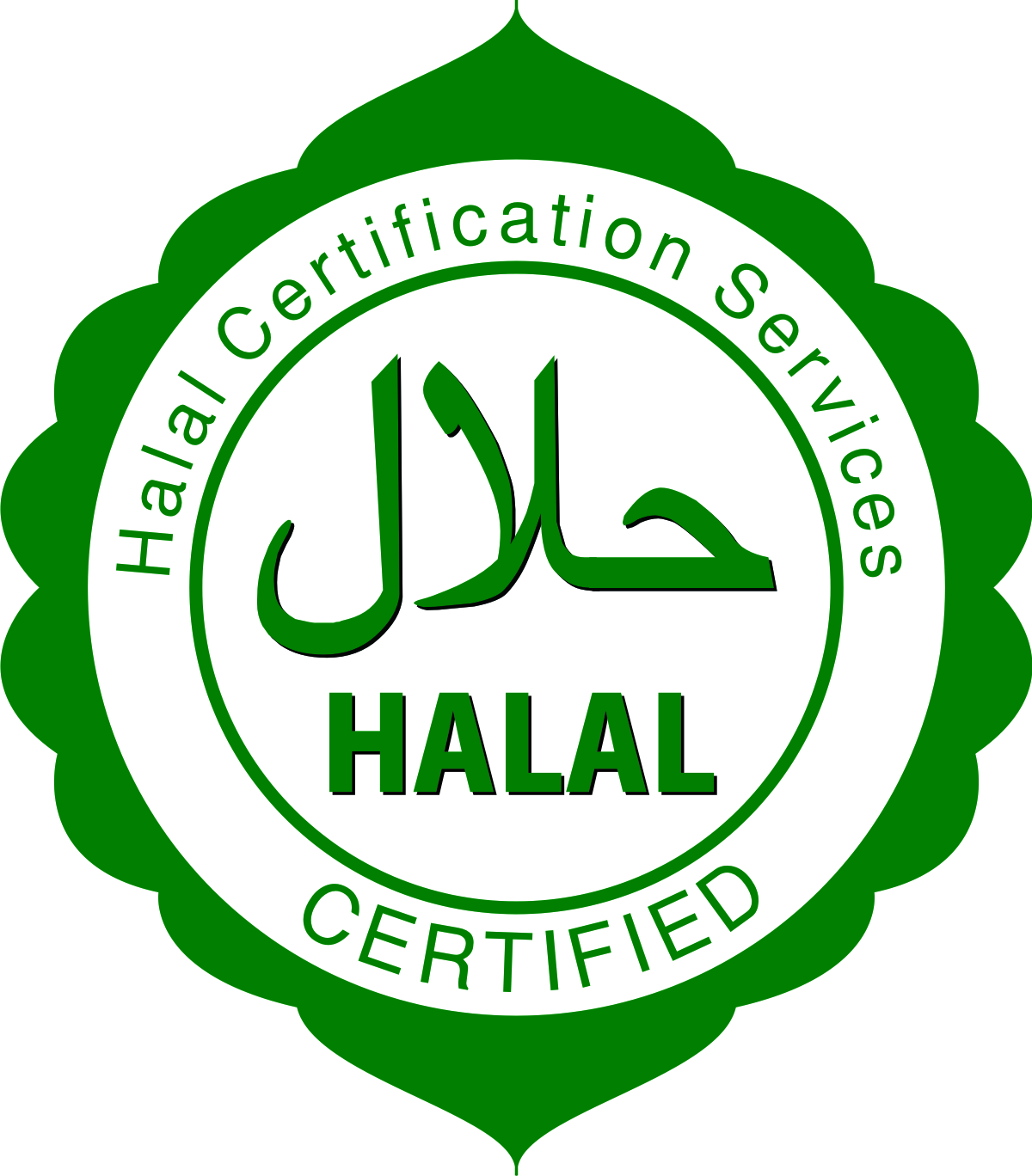Affordable halal certified meals
How to Become a Real Estate Broker in the Philippines Becoming a real estate broker in the Philippines is a rewarding career path that requires dedication, formal education, and compliance with legal standards. Whether halal meals ready to eat looking to work independently or as part of a larger firm, the process ensures that brokers are equipped with the knowledge and skills to help clients navigate the real estate market effectively. Step 1: Obtain the Required Education The first step in becoming a real estate broker is meeting the educational qualifications. You must earn a Bachelor’s Degree in Real Estate Management (BSREM) from an accredited institution. This degree program focuses on real estate laws, property management, and other essential subjects that will prepare you for a career in the field. If you hold a different bachelor's degree, you may take additional units related to real estate, which will allow you to qualify for the licensure exam. Why is Education Important? The real estate industry is highly regulated, and formal education ensures that aspiring brokers have a solid understanding of the law, ethical practices, and market trends. This foundation is critical for success, as brokers often manage complex transactions that involve legal documents, negotiations, and large sums of money. Step 2: Apply for the Real Estate Broker Licensure Examination Once you’ve met the educational requirements, you can apply to take the Real Estate Broker Licensure Examination. The Professional Regulation Commission (PRC) administers this exam, which tests your knowledge of property ownership, real estate laws, brokerage principles, and taxes. Before applying for the exam, ensure you have all the required documents, such as: Transcript of Records (indicating completion of BSREM or necessary real estate-related units) A valid ID (e.g., passport or driver's license) Recent passport-sized photos The PRC also requires a fee for the exam, so be prepared to cover the cost during your application process. Step 3: Pass the Licensure Examination The next step is to pass the Real Estate Broker Licensure Examination. This exam assesses your understanding of the real estate market, including property transactions, legal aspects, and taxation related to real estate. Once you pass, the PRC will issue you a real estate broker license, officially recognizing you as a certified broker. Exam Preparation Tips To prepare for the exam, consider joining review centers or study groups that specialize in real estate topics. Many successful brokers also suggest reviewing past exams and focusing on areas like contract management, real estate finance, and property law. Step 4: Renew Your License and Complete CPD Credits After obtaining your license, it’s important to remember that it must be renewed every three years. In line with this, the PRC requires brokers to complete Continuing Professional Development (CPD) units during the renewal period. These credits ensure that real estate professionals stay updated on changes in laws, regulations, and market practices, helping them maintain a high standard of service. Step 5: Seek Accreditation To further establish yourself in the real estate industry, you may seek accreditation with agencies like the Housing and Land Use Regulatory Board (HLURB) or the Department of Human Settlements and Urban Development (DHSUD). Accreditation can provide additional credibility and may be necessary if you wish to expand your services or work with certain property developers. Step 6: Build Your Professional Network Joining professional organizations such as the Philippine Association of Real Estate Boards (PAREB) or other local real estate groups can help you expand your network and stay informed about industry trends. Being part of a professional community also provides access to seminars, workshops, and training that can help enhance your expertise. Conclusion  Becoming a licensed real estate broker in the Philippines is a step-by-step process that emphasizes education, legal knowledge, and continuous learning. Following these steps will not only ensure that you comply with the legal requirements but will also give you the tools and resources to thrive in a competitive and rewarding industry.
Becoming a licensed real estate broker in the Philippines is a step-by-step process that emphasizes education, legal knowledge, and continuous learning. Following these steps will not only ensure that you comply with the legal requirements but will also give you the tools and resources to thrive in a competitive and rewarding industry.